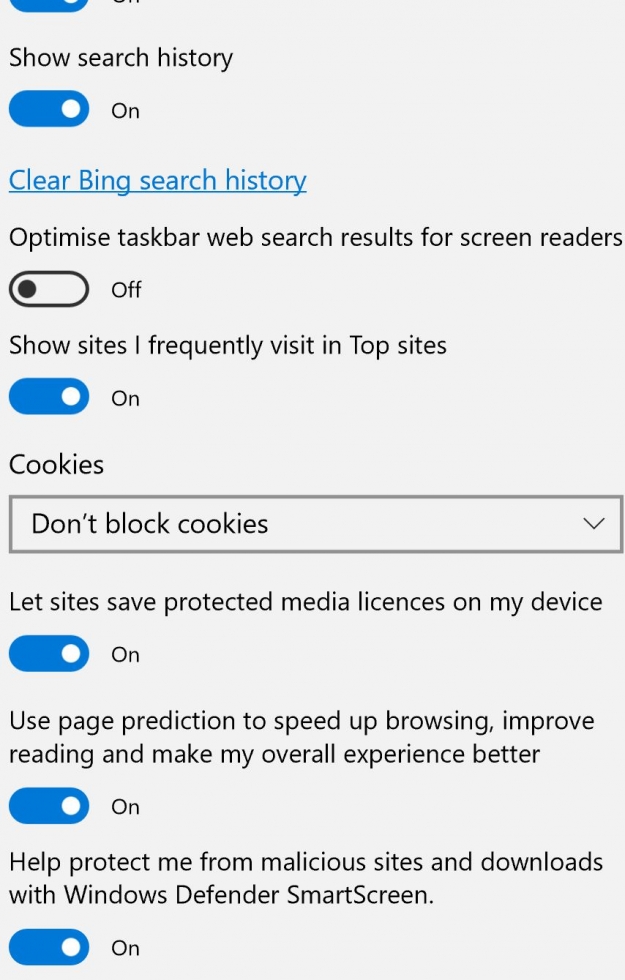Sadly not of the chocolate chip variety, a 'cookie' in a web context is a small data file of letters and numbers that is downloaded from a website by your computer. For example, Digital Unite use these cookies to help give you a good experience: the information they provide helps us to improve our website.
What do cookies do?
The main purpose of a cookie is to identify a user and prepare customised web pages or to save site login information to you. For example, you might fill in an online form providing personal information such as your name, email address and your interests. This information is packaged into a cookie and sent to your Web Browser, which then stores this information for later use. Each time you visit the site the cookie will remember who you are and your preferences.
Types of Cookie
There are two types of cookies; session cookies and persistent cookies. Session cookies are erased once you close your session and do not save any information from your computer. Persistent cookies or stored cookies are used to collect identifying information about the user and is stored until the cookie is removed
Being vigilant
When browsing the Internet be aware of any malicious cookies as these cookies can be used to store and track your activity online. Also known as tracking cookies, these cookies will track your surfing habits over time, gradually building a profile of your interests. Once that profile contains enough information about the user, it can be sold to advertising companies, who use this information to target you with specific adverts.
Disabling cookies from your web browser
To disable cookies from Internet Explorer on Windows 10, you will need to go into your browsers settings, once you have done this hit 'Advanced settings'. You can toggle the buttons to change your preferences.

Updated February 2023